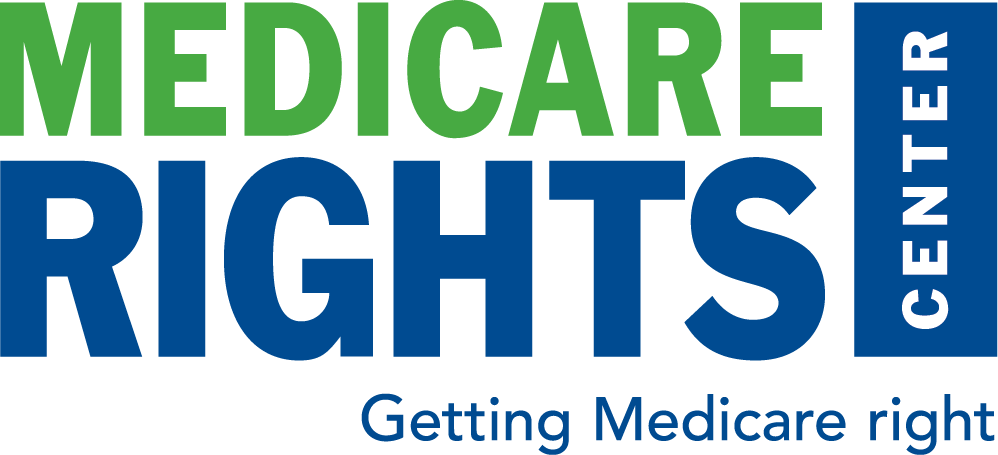Government Watchdog Reports Medicare Advantage Denying or Delaying Medically Necessary Care
- By Julie Carter
- April 28, 2022

Today, the Department of Health and Human Services Office of Inspector General (OIG) released a report showing that Medicare Advantage (MA) plan use of prior authorization sometimes delayed or denied beneficiary coverage or provider payment for Medicare-covered services. Such delays or denials can cause negative health outcomes, increase costs and contribute to provider burn-out by interfering with medically necessary care, burdening both beneficiaries and providers, and creating friction in the system.
OIG found that 13% of the prior authorization denials in a sample from 2019 met Medicare coverage rules and would have been covered if the beneficiary had been in traditional Medicare. MA plans are permitted to have their own coverage rules but must be “no more restrictive than original Medicare.” When experts reviewed the sample cases, they determined that MA plans used additional medical criteria for their decisions and required more documentation than needed to demonstrate medical necessity. OIG found that three service types were very commonly represented among the denials: advanced imaging like MRIs and CT scans; care in nursing or rehabilitation facilities after hospitalization; and injections. In the case of injections in particular, the reviewers found that MA plans misapplied Medicare coverage rules.
In addition, OIG found that 18% of the provider payment denials in a sample also from 2019 met both Medicare and MA billing rules. These denials were often caused by human or computer error at the MA organization. OIG estimates that providers face over a million inappropriate payment denials each year.
MA plans did reverse their own decisions at times, either spontaneously or after appeals. OIG found that plans reversed 3% of prior authorization denials. While those denials that met Medicare coverage rules and were appealed were reversed, many more were never appealed. Even reversals come at a cost. The biggest risk is, of course, a delay in care for the person with Medicare and resulting negative health outcomes. But appeals processes are also burdensome for beneficiary and provider alike, creating stress, expense, and extra work, and likely leading some people with Medicare to stop pursuing the care they need. Even more broadly, when plans inappropriately deny claims or have more burdensome documentation requirements or restrictive criteria, that behavior can have chilling effects on providers’ willingness to prescribe or provide a treatment or can cause providers to spend additional time and resources “over proving” claims to avoid denials.
Based on their samples, OIG estimates that tens of thousands of beneficiaries receive an inappropriate denial every year. A 2018 OIG report came to similar conclusions, but CMS has failed to take sufficient action to address this problem. Administrative burdens may contribute, deliberately or by chance, to people in MA leaving for traditional Medicare if they are in poorer health or at the end of life. OIG recommends tightening audit standards on MA plans and establishing firmer guidance about MA coverage criteria. They also recommend that MA plans be directed to review their processes and systems to avoid many of the payment errors in the samples.
At Medicare Rights, we urge Congress and the Administration to take very seriously the risk such patterns of inappropriate denials pose to people with Medicare and the program as a whole, especially as MA plans grow in popularity. Beneficiaries must be able to access the care they need and cannot be trapped in appeals processes that create burden and stress. As OIG itself notes: “A central concern about the capitated payment model used in Medicare Advantage is the potential incentive for Medicare Advantage Organizations (MAOs) to deny beneficiary access to services and deny payments to providers in an attempt to increase profits.”
Read about how the growth in MA must spur action to rein in abuses.
The Latest
Most Read
Add Medicare to Your Inbox
Sign up to receive Medicare news, policy developments, and other useful updates from the Medicare Rights.









